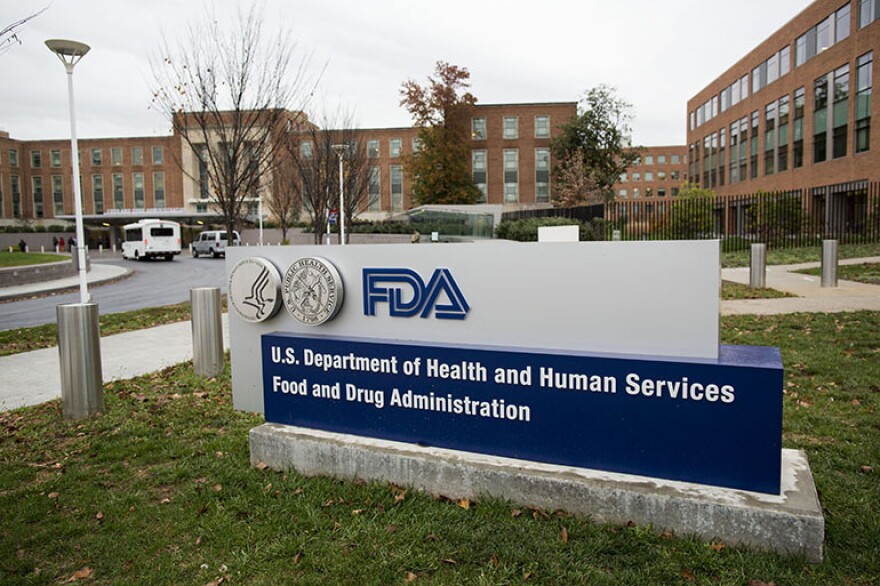In a historic move, the Food and Drug Administration (FDA) granted approval to Florida on Friday, allowing the state to import drugs from Canada. This marks the first time a state has been authorized to purchase lower-cost medications in bulk from abroad. The move is part of Florida’s initiative to address the soaring issue of drug prices, a critical concern for Americans and a key focus in President Joe Biden’s healthcare reform agenda.
Florida’s plan targets the importation of medications for various illnesses, specifically for residents covered by certain public programs, including Medicaid enrollees and inmates. Governor Ron DeSantis, who is eyeing the Republican presidential nomination, emphasized the importance of this initiative in curbing drug costs and providing affordable, life-saving prescription drugs.
After years of bureaucratic delays, Governor DeSantis stated in a release, “It’s about time that the FDA put patients over politics and the interests of Floridians over Big Pharma.” The move has been long-awaited and is anticipated to have a substantial impact on the broader national conversation surrounding drug pricing.
While the importation of drugs has been allowed by U.S. law, it faced hurdles due to concerns over safety, actual savings, and opposition from American drug manufacturers and also some lawmakers. Former President Donald Trump made drug importation a centerpiece of his efforts to reduce drug costs, leading to the issuance of a final rule by the Department of Health and Human Services in 2020.
Governor DeSantis, President Biden, and former President Trump are all likely to tout the move as a victory on the campaign trail. However, significant obstacles remain before Florida can implement its importation plan, and actual savings may take time to materialize. The drug industry is expected to continue its efforts to prevent importation, and Canada has expressed reservations about mass exporting its medications.
Florida’s proposal, submitted to the FDA in 2020, initially focuses on importing drugs for chronic health conditions such as HIV/AIDS, mental illness, and prostate cancer. The state aims to make these medications available through various state programs, starting with county health departments and correctional facilities.
Florida anticipates substantial savings, estimating up to $180 million in the first year and around $183 million annually once the program is fully implemented. Jason Weida, Florida’s Agency for Health Care Administration secretary, assured lawmakers that the importation process would guarantee safety and cost savings.
Several other states, including Colorado, Maine, and Texas, have passed laws allowing them to create state drug importation programs. However, each state must seek FDA approval, and progress varies. New Hampshire’s application was rejected in 2022.
Before drugs can be imported, Florida must meet FDA requirements, including additional drug-specific information, testing, compliance with FDA standards, and relabeling consistent with FDA rules. The FDA Commissioner, Robert Califf, emphasized that proposed programs must demonstrate significant cost savings without compromising safety.
The authorization for Florida’s plan is valid for two years from the date the FDA is notified of the first drug shipment. The Pharmaceutical Research and Manufacturers of America (PhRMA), the main industry group, has expressed deep concern, stating that it is “considering all options for preventing this policy from harming patients.”
The Canadian government, concerned about its own drug shortages, has questioned the effectiveness of importation in lowering U.S. prices. Health Canada emphasized that bulk importation is not an effective solution to high drug prices in the U.S.
Despite concerns, some experts are optimistic. Maureen Hensley-Quinn, senior director of coverage, cost, and value at the National Academy for State Health Policy, sees this as a significant step towards wholesale drug importation and potentially lower costs for residents across the United States.



